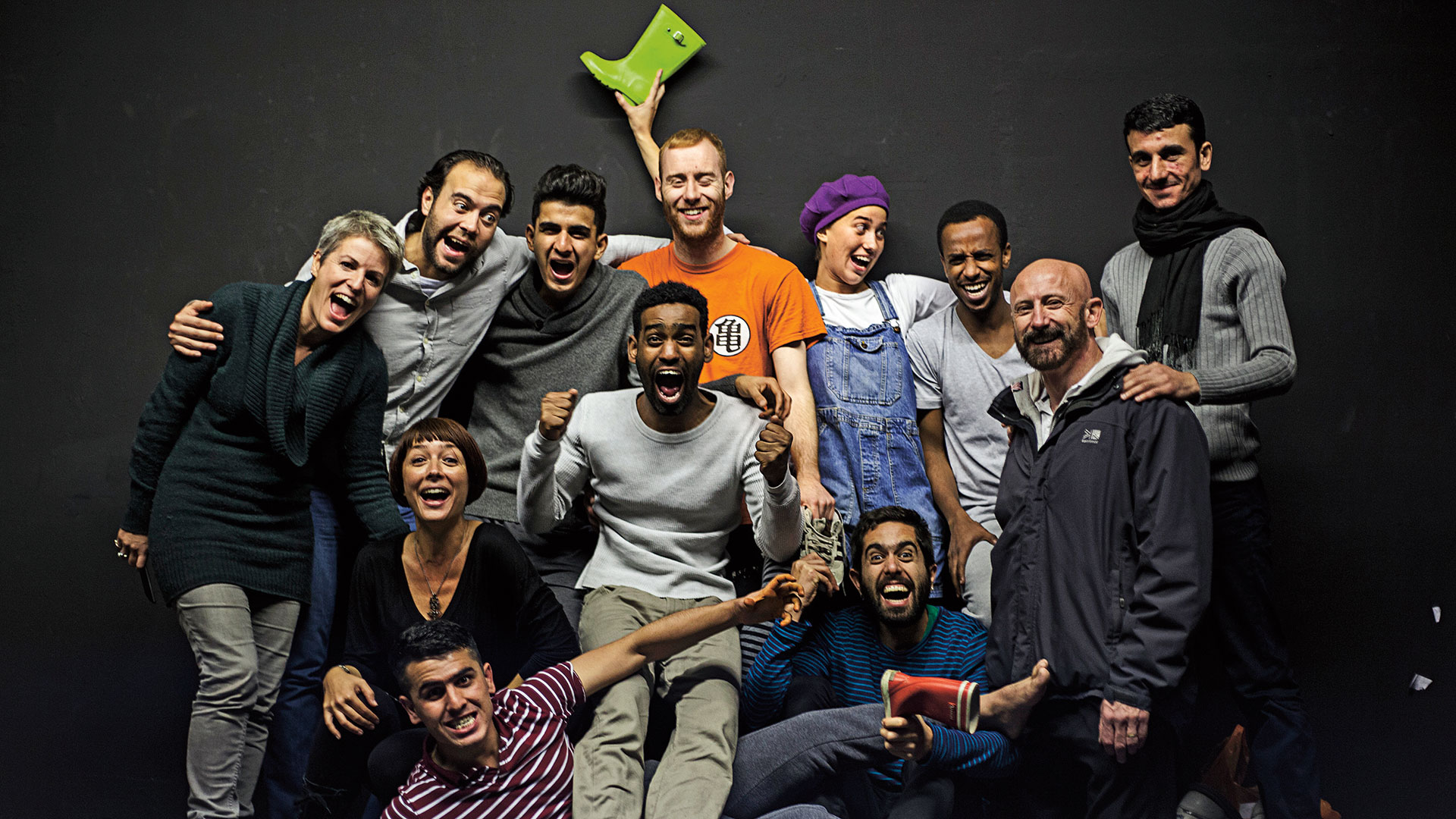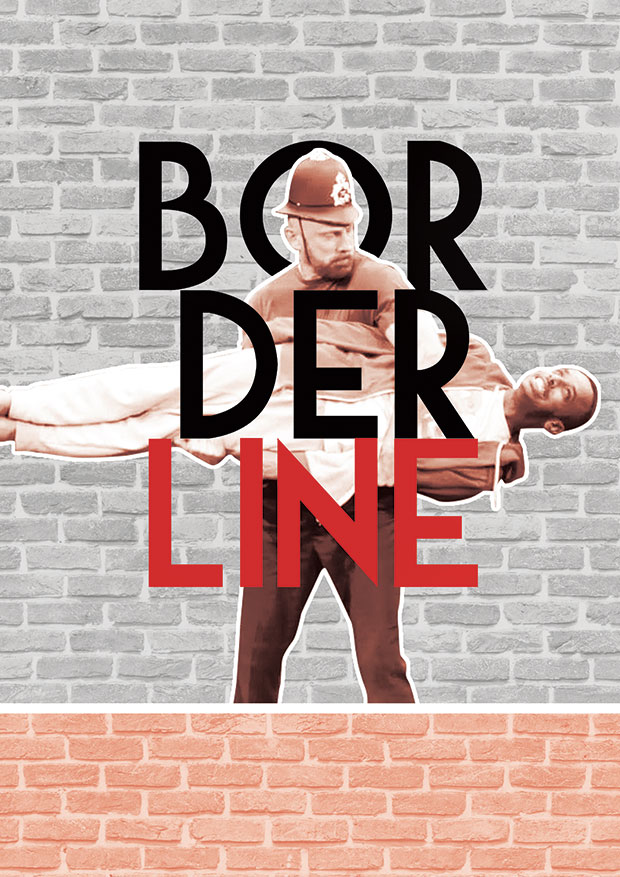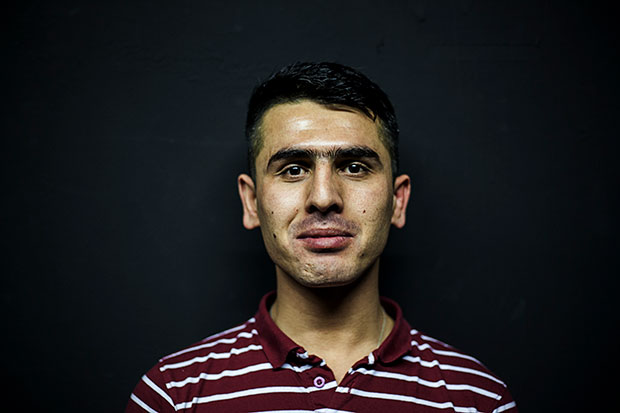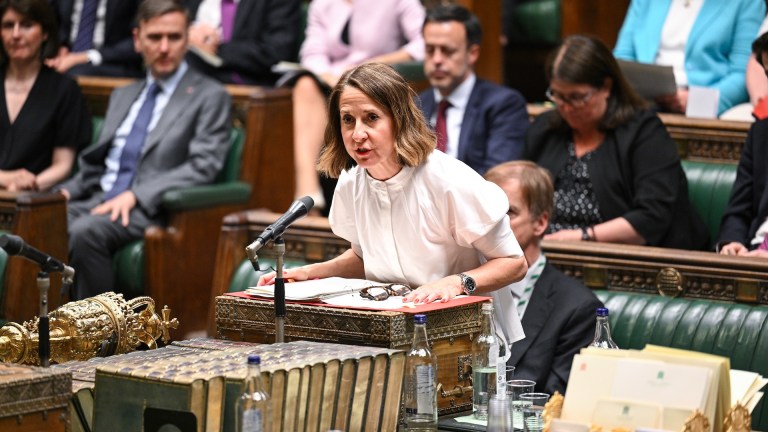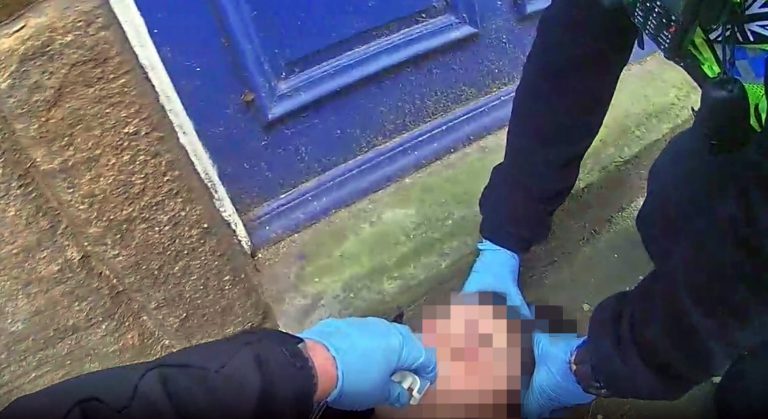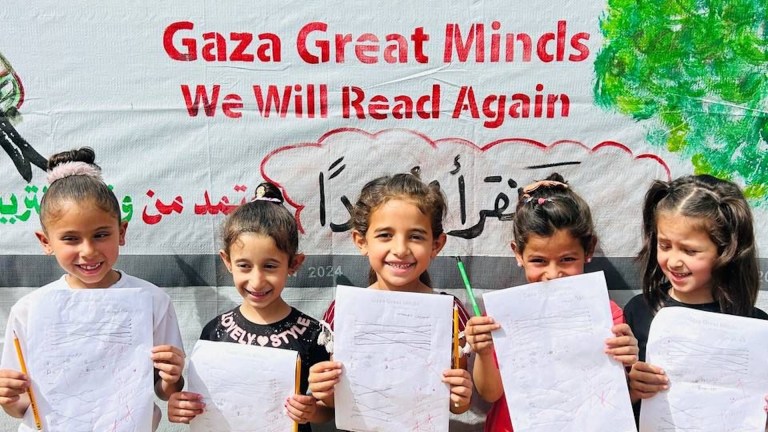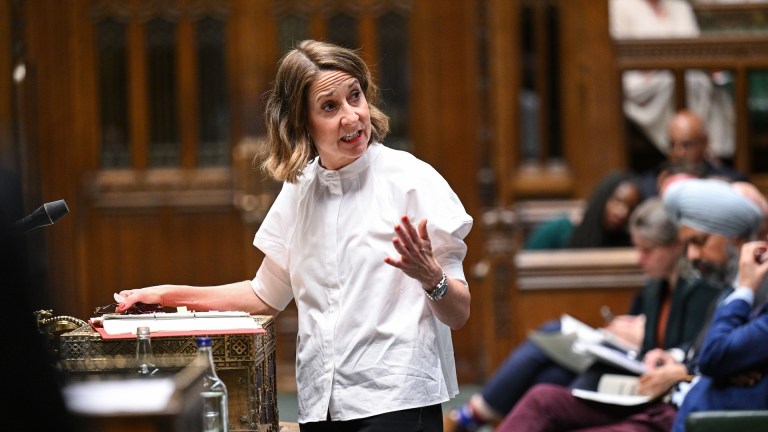“When you watch something on TV it’s not completely real, there’s a screen,” says Mohamed Sarrar. “In Borderline audiences hear our stories, they hear my story, and no one else can tell my story like me.”
Sarrar, 28, is a political refugee from Sudan. After being arrested back home on unspecified charges, he felt his life was in danger so his family paid for him to be smuggled to Libya in the back of a truck. From there, an overloaded boat with 70 souls crossed the Mediterranean. He took a train from Italy to France, hiding in the toilet to avoid the ticket inspector, and eventually arrived in Calais, where he spent two and a half months in the ‘Jungle’ before making it to the UK. His story, like that of so many other people forced to take desperate steps to survive, doesn’t seem ripe for laughs, yet humour is such a fundamental part of all our lives – why should it be different for refugees?
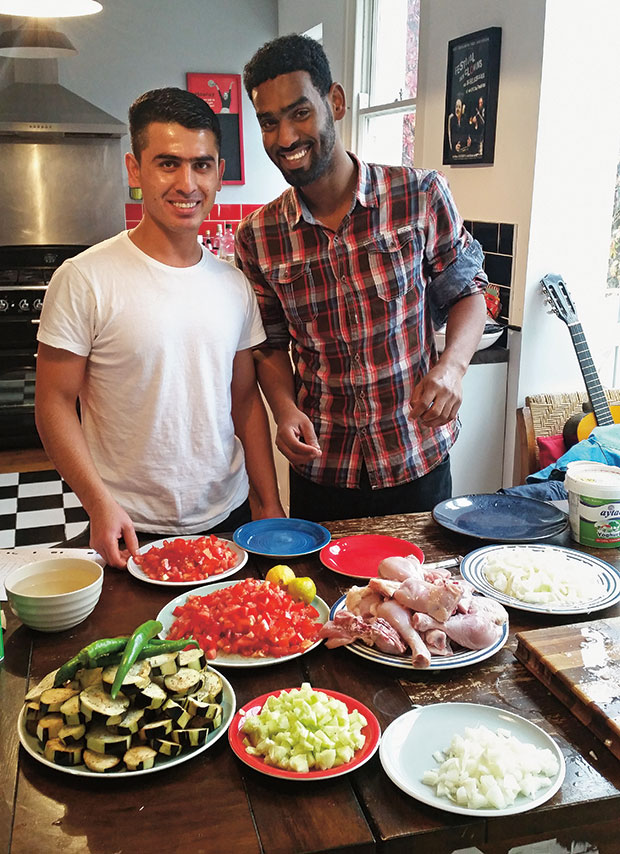
When we think of Sudan, images of war and poverty dominate but Sarrar remembers the short comedy films that are popular in the country.
“They are stories that we can relate to,” he says. “Like, in Sudan we can borrow a lot of things in shops and pay a month later. In these comedies they make the reality bigger, like this man owes money to everybody, even to his landlord, so he had to find another place to stay but then the house was haunted!”
Borderline in Brighton warming up for the opening party of @brightonfringe @WarrenTheatre! @BrightonSanct @PlatformaArts @BCTTC1 pic.twitter.com/i3INh0LGNt
— PSYCHEdelight – Borderline (@PSYCHE_delight) May 4, 2017
Even in the Jungle, there were lighter moments during dark times. “I remember one day I was at the train station trying to jump on a train but there were a lot of police and security guards. With some friends we decided to hide in a big pipe until the night. We tried to jump again during the night but it was not possible. In the morning we were very cold and hungry so we went to the police, hoping that they would arrest us and drive us back to the Jungle (the station is very far from the Jungle: three hour walk, so we used to walk six hours almost every night). The police put us inside the car, so we were happy… but they just took us back to the train station! The police said ‘return to the Jungle’ but my friend didn’t want to get out of the car, he didn’t want to walk! So we didn’t have a chance to go to the UK but we didn’t have a chance to get arrested by the police as well! Humour helped me, just to sometimes not take things too seriously.”
